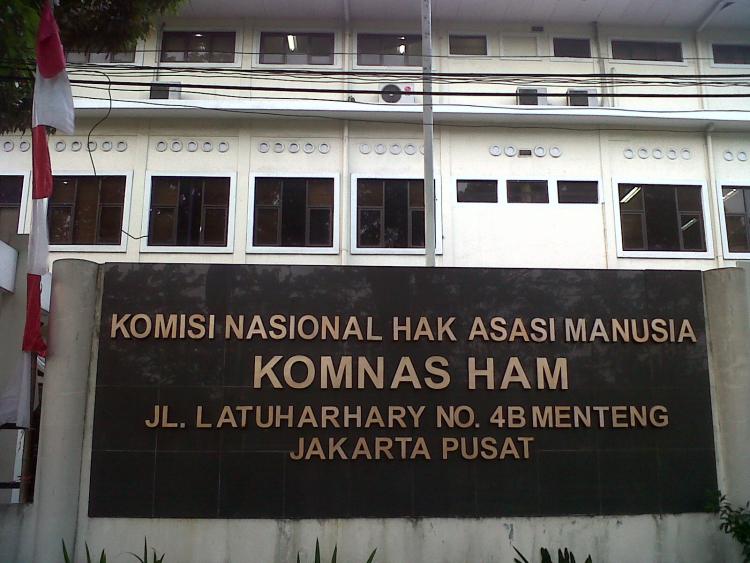In Depth Analysis: BPK Audit Found 8 Problems in Komnas HAM Financial Management

National Commission of Human Rights (Komnas HAM) as a the most reliable quasi-state institution in enforcing human rights in Indonesia is riddled with various problems, starting from public distrusts to the allegation of corruptions by its commissioners. Is there corruption in Komnas HAM?
Some strong push came from employees of Komnas HAM and civil societies, such as Lembaga Studi dan Advokasi Masyarakat (ELSAM) and Institute for Criminal Justice Reform (ICJR). They are worried about Financial Audit Institution (BPK) who gave a disclaimer on Komnas HAM’s financial report in 2015. This status is not favorable because it indirectly questions the accountability of Komnas HAM.
These parties urge that Komnas HAM gives official statements related to the disclaimer status, requests investigations on parties considered to be unprofessional in conducting their supervision, requests sanctions and investigation of allegation of corruption in Komnas HAM inner circle. They hope that Komnas HAM can return to be the spearhead of human rights protection and enforcement in Indonesia.
Based on BPK audit, the disclaimer status is based on 8 problems found in the financial management of Komnas HAM.
First, there was a minimum of Rp. 820.25 million of fictitious spending. BPK auditors found 671 evidence in the form of unaccounted invoices. Further tracking found three partners who gave the invoices whose existence cannot be accounted for.
Second, the rent of commissioner official houses in the amount of Rp330 is not pursuant to the stipulations. Based on BPK investigation, one of the commissioner, with initial DB, does not used the house rented using Komnas HAM budget. Moreover, through various third party transaction, the money used for renting the house is routed to DB’s personal account.
Thirdly, the stipendium for meetings in the amount of Rp. 2.17 billion is not pursuant to the stipulations. In principle, the payment is not in accordance to the regulation of the Finance Minister, which stipulated the presence of second echelon officer or community, conducted for the minimum of three hours outside of office hours, and are not given overtime fee.
Fourth, there is no accountability for Rp 87.35 million spent for online report application development consultation. There was an overpay of Rp. 12.37 million and penalties for late payment in the amount of Rp. 12.20 million. Moreover, the application which costs Rp. 273.87 million cannot be utilized by Komnas HAM, yet.
Fifth, honorarium payment of Komnas HAM executor fee in the amount of Rp925,78 million does not have any accountability. In addition, there is also another honorarium fee in the amount of Rp. 6.006 billion that is not pursuant to the stipulations.
Sixth, the implementation of internet provision and service charge payment in the amount of Rp. 135.96 million are not in accordance to the stipulation. This was concluded from BPK evaluation on the cost of building rent and internet use, whereas the building has not yet maximally used.
Seventh, there are cost standards used by Komnas Perempuan that have not yet been approved by the Finance Minister. Per the stipulation, the implementation and reporting process of direct grants from donor agencies should be done through legalization of General State Treasury (BUN) or its power of attorney, and determined through approval from Finance Minister.
Last, there is a Non-Tax Revenue (PNBP) from the banking fee revenues that have not yet been calculated by Banks.
Where is the corruptions? The eight findings from BPK indicates tort made by person in charge in Komnas HAM. If these ends with loss of state, and conducted intentionally (knowingly and with purpose), then the opportunity of corruption is very huge. This is especially true in some fictitious reports that cannot be accounted for.***










